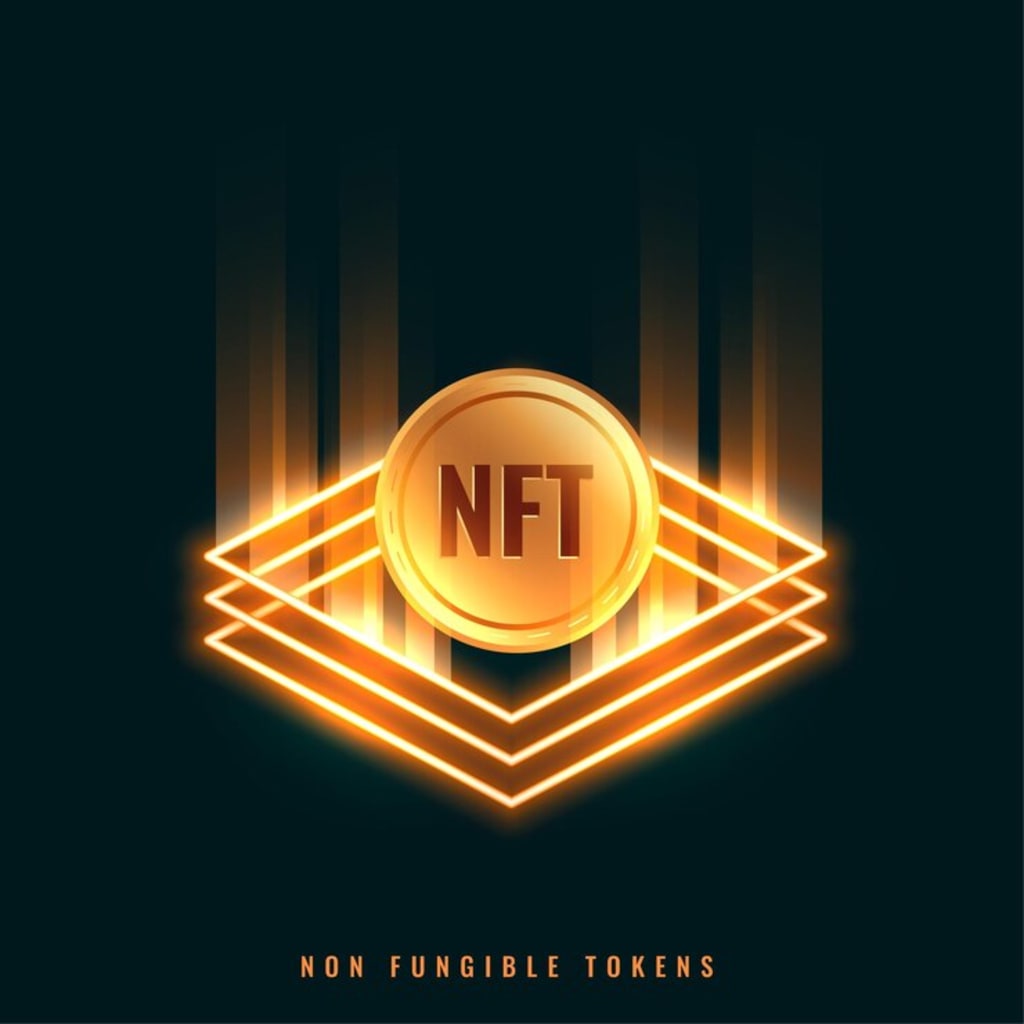The Future of Digital Assets: Why NFT Tokens Are Here to Stay
In the evolving landscape of digital collectibles, NFT tokens have emerged as a revolutionary concept.

In the evolving landscape of digital collectibles, NFT tokens have emerged as a revolutionary concept, promising a transformative impact on how we perceive ownership and value in the digital world. As blockchain tokens that represent unique digital assets, NFTs are reshaping various industries, from art and music to gaming and real estate. This blog explores the future of NFT tokens and why they are here to stay.
Understanding NFT Tokens
NFTs, or non-fungible tokens, are a type of crypto asset that represents ownership of a specific item or piece of content on the blockchain. Unlike cryptocurrencies such as Bitcoin or Ethereum, which are fungible and can be exchanged on a one-to-one basis, NFTs are unique and cannot be exchanged like-for-like. This uniqueness is what gives NFTs their value, enabling unique digital ownership and verifiable authenticity.
The Rise of Digital Art and Music Ownership
One of the most notable applications of NFT tokens is in the realm of digital art. Artists can create digital works and mint them as NFTs, ensuring that each piece is unique and verifiably authentic. This has opened new revenue streams for artists, who can now sell their work directly to collectors without intermediaries. Similarly, the music industry is embracing NFTs, allowing artists to tokenize their music, and providing fans with unique ownership experiences and new ways to support their favorite creators.
NFTs in Gaming and the Metaverse
The gaming industry has also seen a significant impact from NFT tokens. In-game items, once merely digital assets within a game, can now be owned as NFTs, allowing players to buy, sell, and trade these items across different platforms. This programmable ownership extends to the burgeoning field of the metaverse, where metaverse assets like virtual land and avatars are bought and sold as NFTs. These scarce digital goods create a new economy within virtual worlds, emphasizing the importance of web3 ownership.
Expanding Use Cases: From Event Tickets to Real Estate
Beyond art and gaming, NFT tokens are finding applications in various other fields. For instance, event tickets can be minted as NFTs, ensuring that each ticket is unique and preventing counterfeiting. In real estate, properties can be tokenized, enabling fractional ownership, where multiple investors can own a share of a property. This democratizes investment opportunities and makes it easier for people to invest in real estate without significant capital outlay.
The Role of Blockchain Technology and Smart Contracts
The foundation of NFT tokens lies in blockchain technology and smart contracts. Blockchains provide a decentralized ledger that ensures the authenticity and provenance of each NFT. Smart contracts automate the execution of agreements, ensuring that terms and conditions are met without the need for intermediaries. This technological infrastructure underpins the trust and transparency that make NFTs viable.
NFTs and the Future of Finance
In the realm of finance, NFT tokens are intersecting with DeFi (Decentralized Finance). NFTs can be used as collateral for loans, traded on marketplaces, and even fractionalized to enable shared ownership. Additionally, DAO (Decentralized Autonomous Organization) models are leveraging NFTs for governance, allowing token holders to vote on decisions and shape the future of decentralized projects.
The Promise of Play-to-Earn and Digital Identity
The play-to-earn NFT model is another innovative application of NFT tokens. Players can earn NFTs as rewards for their in-game achievements, which can then be traded or sold for real-world value. This not only incentivizes gameplay but also creates new economic opportunities within gaming ecosystems. Furthermore, NFTs are being used to establish digital identity, providing individuals with control over their personal data and online presence.
Quick Overview
In conclusion, NFT tokens represent a significant advancement in the digital economy, offering unique digital ownership, verifiable authenticity, and a myriad of applications across various industries. As blockchain technology and smart contracts continue to evolve, the potential for NFTs will only expand, cementing their place in the future of digital collectibles, crypto assets, and beyond. Whether through digital art, music ownership, in-game items, or fractional ownership, NFTs are here to stay, revolutionizing how we interact with and value digital assets.
About the Creator
Etherization The Game
Etherization the first Play to Earn Blockchain game, created in 2016. Grow your towns, increase your ERC20 production, via tribute, culture and risk-based mechanics. Mint your town now, only 1156 total in the game, get the best position.
Enjoyed the story? Support the Creator.
Subscribe for free to receive all their stories in your feed. You could also pledge your support or give them a one-off tip, letting them know you appreciate their work.






Comments
There are no comments for this story
Be the first to respond and start the conversation.